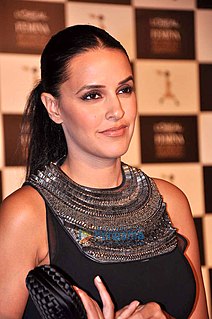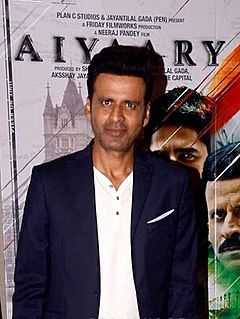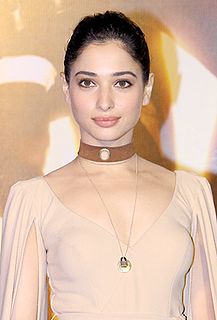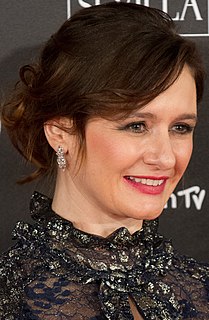A Quote by Michelle Yeoh
As an actor, you are always looking for roles that will challenge you, and when I came upon Aung San Suu Kyi, it wasn't just about that but also about stepping into the shoes of someone who means so much to millions of people.
Related Quotes
I gathered as much reading material about Aung San Suu Kyi and about Burma as I could. And I read every article and every book she had written. I also had 200 hours of footage of her to watch. I tried to discover who were her heroes and where he desire and strength to pursue democracy in a non-violent fashion came from.
I'm inspired by strong, courageous women. My mother is the definition of a self-sufficient, independent woman whom I have always looked up to. I also greatly admire incredible women like Aung San Suu Kyi, and human rights attorney Nasrin Sotoudeh, who was wrongfully imprisoned for 4 years in Iran, simply for giving a voice to the voiceless and defending the helpless. And I'm in awe of the young Pakistani student and activist, Malala Yousafzai, for her bravery and resilience in the face of brutal repression.
We always see Aung San as a strong, tough woman. There are two stories running in parallel. You see the contradictions between the East and the West, and you see someone who does mundane and normal things - someone who's supposed to be a housewife - and then someone who's become important and imprisoned.
You know, almost everyone is an irritant to me. I think people have forgotten what the word 'public' means. 'Public' means you're going to be irritated. It's a natural consequence of leaving one's home. You go outside, and there are people who are irritating. I'll be standing on the sidewalk, and someone berates me for smoking. I look at the person and think, but what about your shoes? How can you wear shoes like that and have the confidence to accost someone like me?































